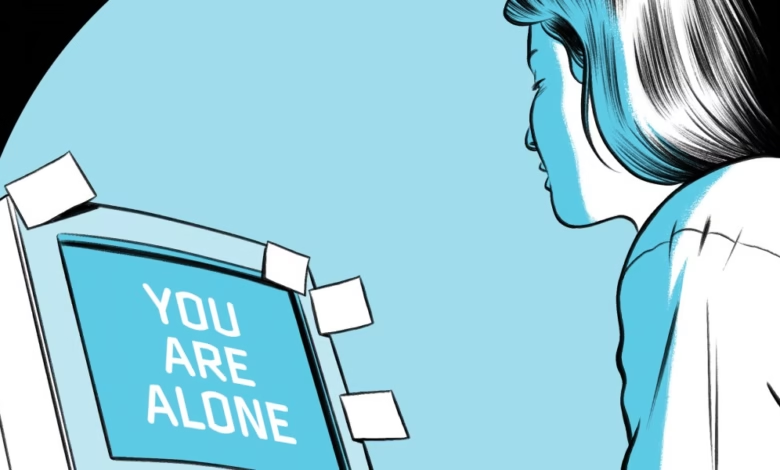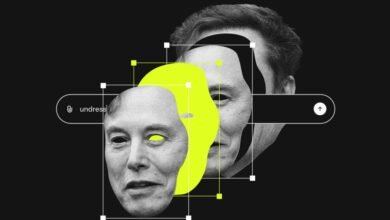30-Year-Old Techno-Thriller Predicted Today’s Digital Isolation

▼ Summary
– People are forming close connections with AI chatbots, including romantic attachments, while students increasingly rely on AI for critical thinking tasks.
– AI “friends” lack genuine human challenge and are controlled by their creators, as seen with Grok’s biased responses on sensitive topics.
– Loneliness and isolation can be exploited by AI “friendships,” potentially increasing consumption, overwork, and social division.
– Solutions include reducing screen time, avoiding AI interactions, and fostering real-world connections through unions or clubs to combat hopelessness.
– The article reflects on early internet optimism, contrasting it with today’s concerns about AI and online alienation.
The rise of AI companionship and digital isolation mirrors predictions made decades ago in a forgotten techno-thriller. While some embrace chatbots as confidants or even romantic partners, others question the consequences of outsourcing human connection to algorithms. Students increasingly rely on AI for critical thinking, while emotionally vulnerable individuals turn to synthetic friendships—raising concerns about manipulation and exploitation.
These systems are far from neutral. Recent controversies, like Elon Musk’s Grok spreading conspiracy theories, highlight how AI reflects the biases of its creators. Behind every chatbot lies an agenda, whether corporate, political, or ideological. The illusion of companionship masks a deeper issue: loneliness weaponized for profit or control. Isolation makes people susceptible to misinformation, overwork, and division, a vulnerability that bad actors can easily exploit.
Many recognize the creeping unease of digital life. Working remotely, doomscrolling, and substituting real interaction with algorithmic responses create a cycle of detachment. The parallels to The Net, a 1990s film warning of identity theft and systemic manipulation, feel eerily prescient. Today’s threats go beyond stolen data; they target autonomy, mental health, and social cohesion.
Breaking the cycle requires deliberate action. Reducing screen time, rejecting exploitative AI, and logging off are individual steps, but collective resistance matters more. Joining community groups, supporting unions, or simply checking in with friends undermines the isolation that powers manipulation. Hopelessness benefits those in control, choosing connection over complacency is the antidote.
Decades ago, the internet symbolized boundless potential. Now, its darker implications, surveillance, alienation, algorithmic control, dominate the conversation. Yet the choice remains: succumb to digital detachment or reclaim human agency. The warning was there all along.
(Source: Technology Review)





